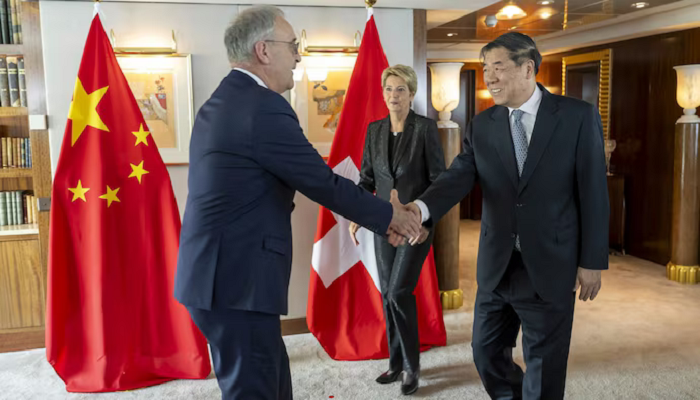Sri Lanka asks public sector employees to take off on Fridays to grow crops in their back yards in a bid to forestall a looming food shortage.
Sri Lanka has approved a four-day work week for public sector workers to grow food in their back yards in a bid to forestall a looming food shortage as the government struggles with its worst financial crisis in decades.
The island nation, which employs about one million people in its public sector, has been hit by a severe foreign exchange shortage, which has left it struggling to pay for critical imports of fuel, food and medicine.

Many of the country’s 22 million people have to queue up at petrol stations for hours and have been enduring long power cuts for months.
Sri Lanka’s cabinet late on Monday approved a proposal for public sector workers to be given leave every Friday for the next three months, partly because the fuel shortage made commuting difficult and also to encourage them to farm.
UNHRC gets mandate to collect evidence of war crimes in Sri Lanka
“It seems appropriate to grant government officials leave of one working day … to engage in agricultural activities in their backyards or elsewhere as a solution to the food shortage that is expected,” the government information office said in a statement.
The extra day off would be a “solution to the food shortage that is expected to occur in the future”, the statement read, adding that cutting down on civil servant commutes would also help reduce fuel consumption.
The United Nations last week warned of a “dire humanitarian crisis” and said four out of five people in the nation of 22 million were forced to skip meals as it planned to provide $47m to help more than a million vulnerable people.
Public employees will have every Friday off for the next three months without a pay cut, according to the cabinet decision, but the arrangement will not apply to essential services staff.
The government also said any public sector employee who wanted to travel abroad to find work would be given up to five years of unpaid leave without affecting their seniority or pensions.
The move is aimed at encouraging more people to get foreign jobs and send money back to the island, which is labouring under a critical shortage of foreign currency to buy imports.
Currency depreciation, rising global commodity prices and a now-reversed policy to ban chemical fertiliser pushed food inflation to 57 percent in April.
The government is in talks for a bailout package with the International Monetary Fund and a delegation is expected in Colombo on June 20.
The United States is also ready to help, Secretary of State Antony Blinken said after a phone call with Prime Minister Ranil Wickremesinghe late on Monday.
Sri Lankan President looks to expand power in parliamentary polls
“During these economically and politically challenging times, the US stands ready to work with Sri Lanka, in close coordination with the International Monetary Fund and the international community,” Blinken said on Twitter.
Good call today with new Sri Lankan Prime Minister @RW_UNP Wickremesinghe. During these economically and politically challenging times, the U.S. stands ready to work with Sri Lanka, in close coordination with the International Monetary Fund and the international community.
— Secretary Antony Blinken (@SecBlinken) June 13, 2022
Wickremesinghe said this month Sri Lanka needed at least $5bn to meet essential imports for the rest of the year.
Public protests have demanded the resignation of President Gotabaya Rajapaksa over the mismanagement of the country’s economy and the severe hardships facing its people.



